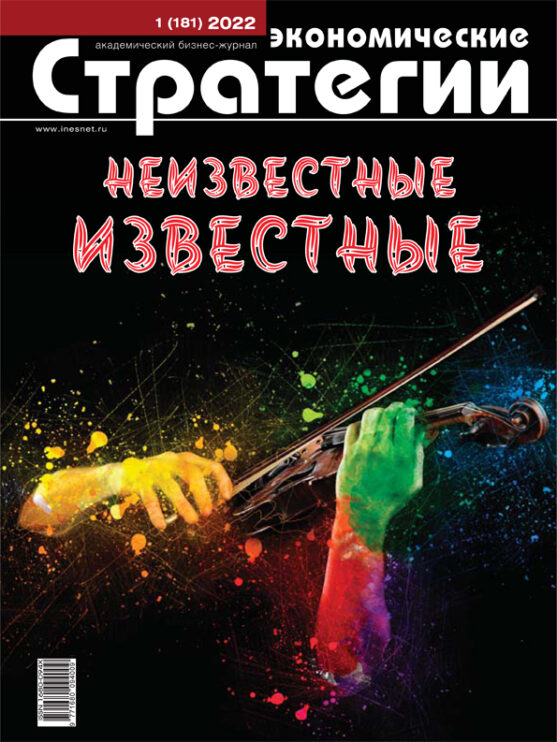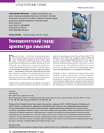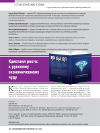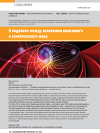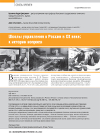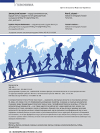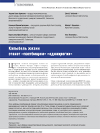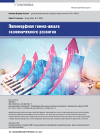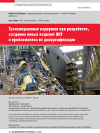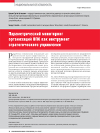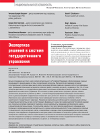DOI: https://doi.org/10.33917/es-1.181.2022.98-105
The article dwells on the issues of the production process from the point of view of the life cycle. Factors are proposed, consideration of which will allow to minimize transaction costs of producing new and upgrading existing products. The author articulates the features of domestic production, the progress of which should contribute to the industry development.
Источники:
1. GOST R 15.000–2016 “Sistema razrabotki i postanovki produktsii na proizvodstvo. Osnovnye polozheniya” [GOST R 15.000–2016 “System of Product Development and Launching into Production. Basic Provisions”]. Kodeks, available at: https://docs.cntd.ru/document/1200141161.
2. GOST RV 15.004–2004 “Sistema razrabotki i postavki produktsii na proizvodstva. Voennaya tekhnika. Stadii zhiznennogo tsikla izdelii i materialov” [GOST RV 15.004-2004 “System of Product Development and Delivery to Production Facilities. Military Equipment. Life Cycle Stages of Products and Materials”]. VII SFU, available at: https://vii.sfu-kras.ru/images/Gost1.pdf.
3. GOST R 56135–2014 “Upravlenie zhiznennym tsiklom produktsii voennogo naznacheniya. Obshchie polozheniya” [GOST R 56135–2014 “Life Cycle Management of Military Products. General Provisions”]. Kodeks, available at: https://docs.cntd.ru/document/1200115460.
4. K tsifre gotov? Otsenka adaptivnosti VTK Rossii k realiyam tsifrovoi ekonomiki [Ready for Digital? Evaluating Adaptability of the Russian MTC to the Digital Economy Realities]. Moscow, Institut ekonomicheskikh strategii, 2018, 61 p.
5. Novaya tekhnologicheskaya revolyutsiya: vyzovy i vozmozhnosti dlya Rossii: Ekspertno-analiticheskii doklad [New Technological Revolution: Challenges and Opportunities for Russia: Expert-analytical Report]. Pod nauch. ruk. V.N. Knyaginina. Moscow, Tsentr strategicheskikh razrabotok, 2017, 136 p.
6. The future of productivity — preliminary version. OECD, 2015, p. 83, available at: https://www.oecd.org/economy/growth/OECD-2015-The-futureof-productivity-book.pdf.
7. Tsifrovaya ekonomika: global’nye trendy i praktika rossiiskogo biznesa: Doklad Natsional’nogo issledovatel’skogo universiteta “Vysshaya shkola ekonomiki” [Digital Economy: Global Trends and Russian Business Practice: Report of the National Research University Higher School of Economics]. Moscow, 2017, 121 p.
8. Ivanov V.V., Malinetskii G.G. Tsifrovaya ekonomika: mify, real’nost’, perspektiva [Digital Economy: Myths, Reality, Prospects]. Moscow, RAN, 2017, 64 p.
9. Moiseev N.N. Matematika stavit eksperiment [Mathematics does Experiment]. Moscow, Nauka, 1979.


